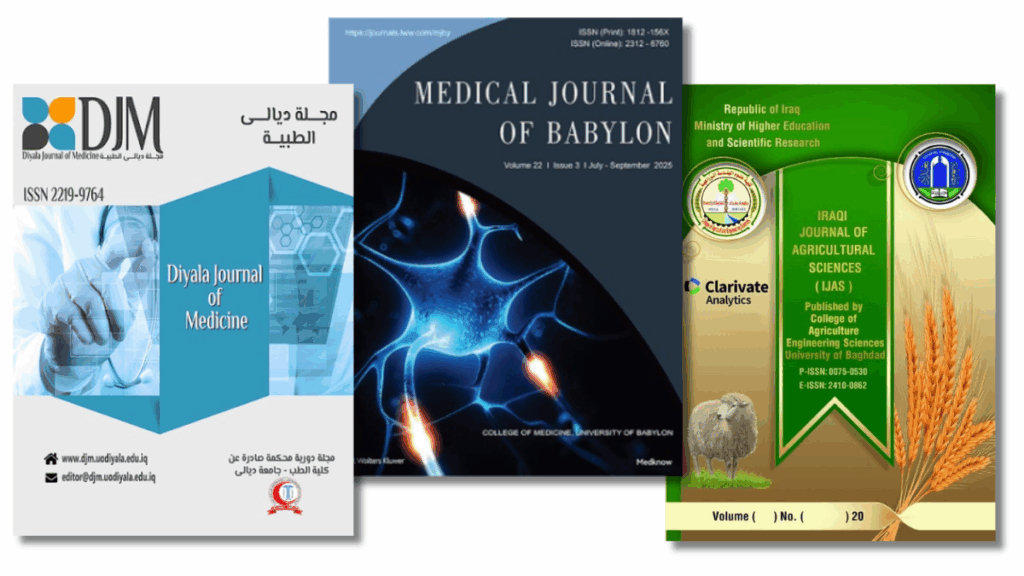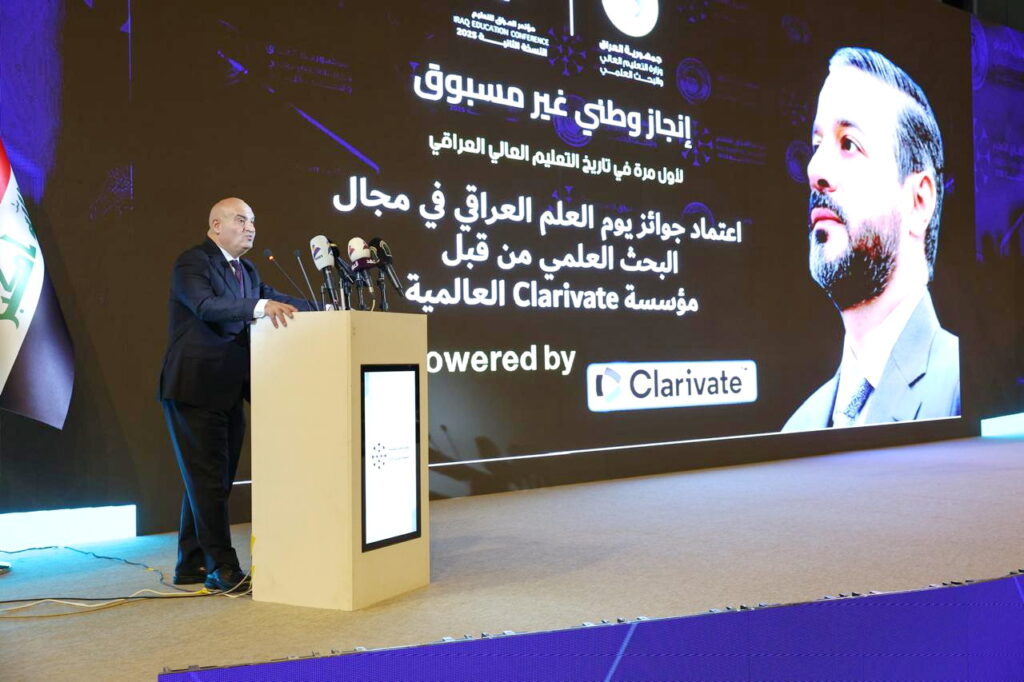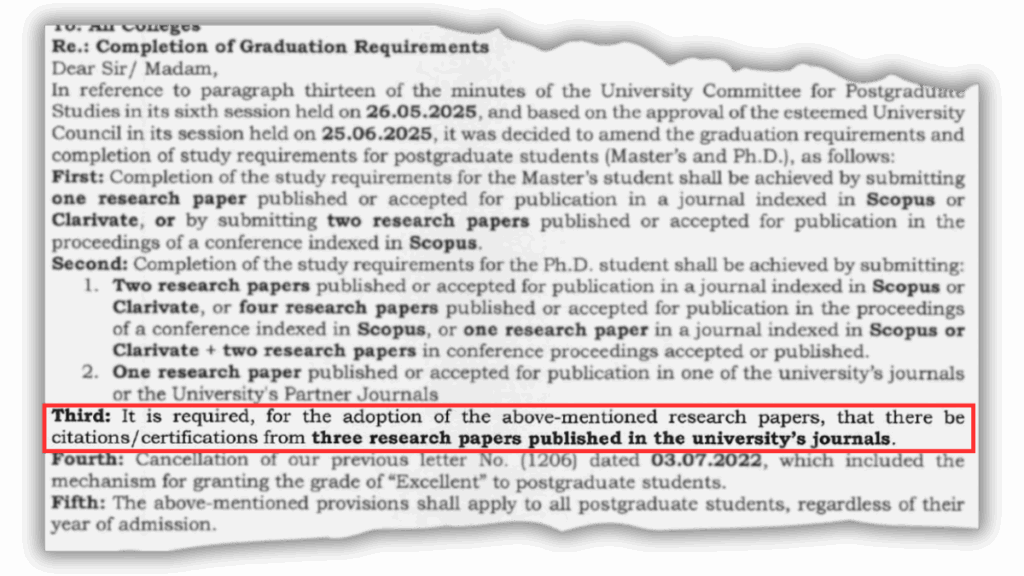
The influential citation database Scopus has delisted three journals from Iraq in a blow to recent government efforts to boost the standing of the country’s scholarly publications. One of the titles, which was included in Clarivate’s Web of Science, was dropped from that index as well.
Last month we reported on allegations that one of the delisted journals, the Medical Journal of Babylon, a publication of the University of Babylon in Hilla, was coercing authors to cite its articles. Citation manipulation is widespread in Iraq and elsewhere, but is considered a form of scientific misconduct.
“The Medical Journal of Babylon was flagged for re-evaluation at the end of September when we received concerns, and because we observed outlier publication performance,” said a spokesperson from Elsevier, which owns Scopus. The publisher marked the journal as delisted in its October update of indexed and delisted titles.
Continue reading Iraqi journal suspected of coercion, two others dropped from major citation databases







